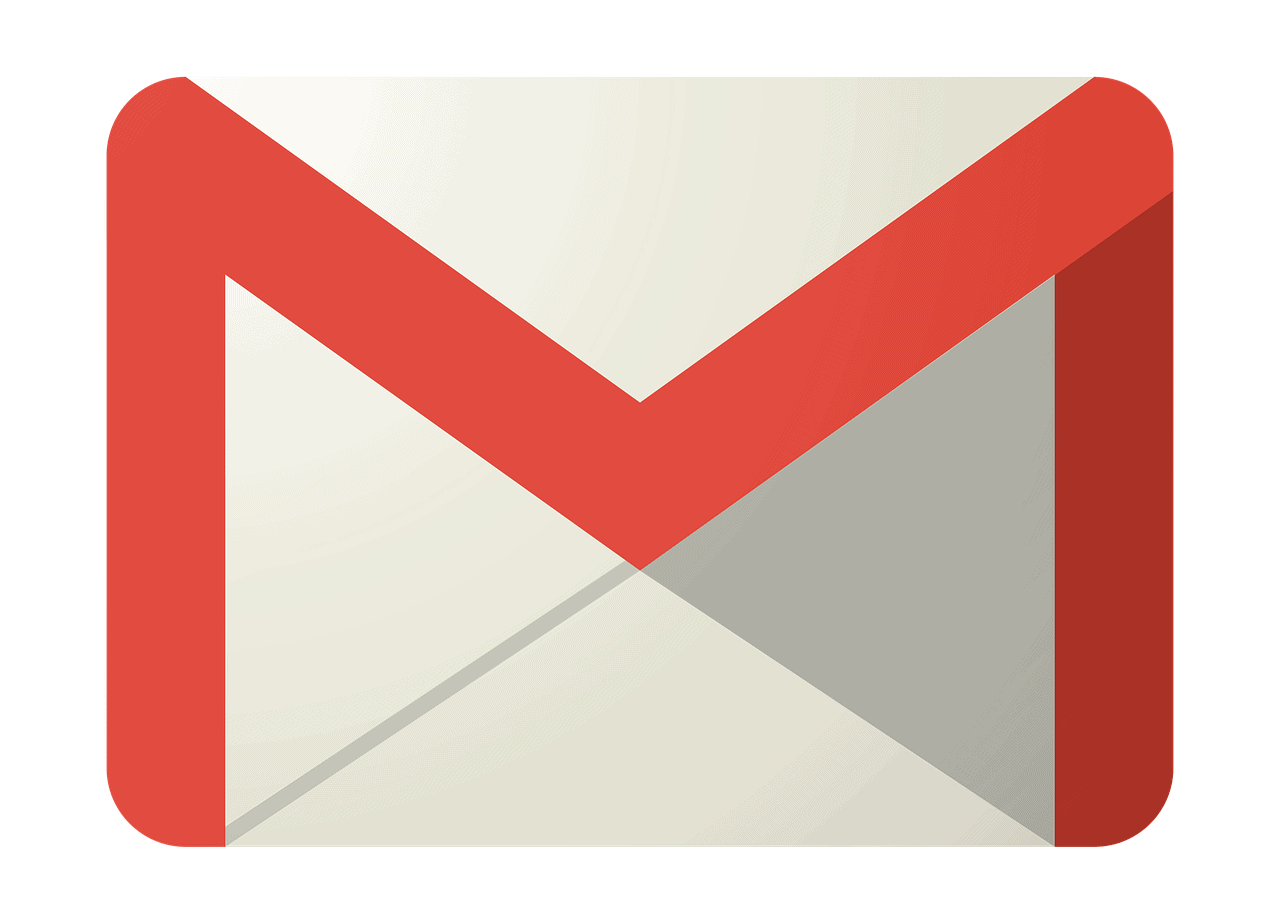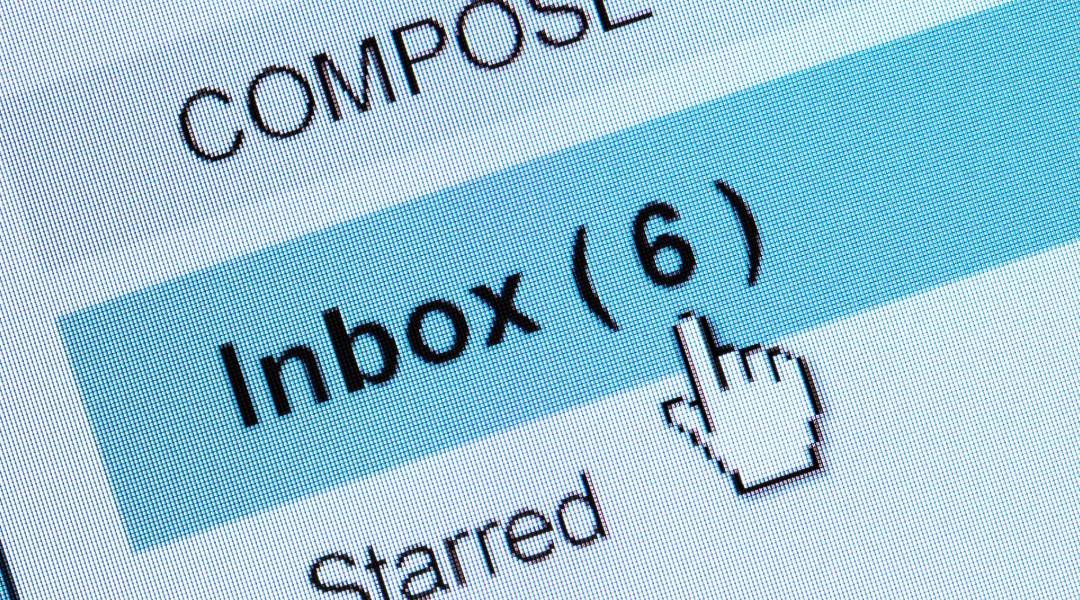
It’s fascinating how much the digital battleground impacts modern life. A quarter of a century ago, e-mails were a quirky new trend. Pen Pals and the smash-hit film You’ve Got Mail helped to bring e-mails to a broader audience, and while some in technology were confident that they could become a significant part of the way we communicate, we imagine even a few ardent fans of the technology would’ve been surprised to see how dominant they’ve become.
Using E-mail To Verify Identity & Other Security Features
E-mail companies have benefitted immensely from integral parts of our lives moving online, so it hasn’t all been down to them. However, companies like Gmail have over 1 billion active users. We use e-mails enhanced 2FA security, receiving promotional marketing deals from food and event discounts to welcome bonuses and promotions for online casinos.
Verifying digital identity is vital for almost all modern-day companies. Online gambling platforms, for instance, handle millions of dollars worth of transactions per day. They want to ensure that the casino gamer they’re dealing with can verify their identity so they do not have any issues with withdrawals or deposits.
If you play online casino games via your desktop, e-mail addresses are used for ID verification and security. It doesn’t matter if you’re logging in to play blackjack, poker, or roulette; you will need your e-mail address to register for a digital casino platform. While online gambling companies are just one element that highlights the importance of e-mail verification and security, it also shows how effective it can be.
Exploring Gmail’s Reach
To be precise, there are 1.2 billion active Gmail users. However, not only does this mean billions of e-mails are sent to and from their servers daily, but they’re also entrenched in Android smartphones and devices. Good luck opening a bank account or setting up your smartphone without an active e-mail address.
If your business is primarily digital-facing, e-mail addresses are essential in ensuring you have a line of contact with potential business partners or customers online. Gmail should just be one element of your business approach, though. A strong website and social media presence are vital, too. Whether you’re setting up a photo canvas business or using your e-mail as a marketing tool to send out e-leaflets, Google ensured that they positioned Gmail as a solution for personal and business options, resulting in tremendous growth.
The Logistics Of Disrupting Gmail Dominance
While Android may emphasize using a Gmail account, many Apple devices choose Outlook or iCloud. Both companies have hundreds of millions of users. Some earlier adoptions of e-mail were used solely to send and receive messages from people.
Gmail was one of the first pieces of e-mail software that turned itself into a calendar, a one-stop shop for writing and editing documents, and a way to set up video meetings and conference calls.
Their multi-dimensional approach to integrating free, practical business tools starkly contrasted with AOL, who initially started with a substantial market share but failed to adapt to the growing trends, and the multi-purpose use of e-mails was developing and quickly slid down the pecking order.
Gmail has established itself as an incredibly effective one-stop shop for those looking to use e-mail for personal and business reasons. Over this period, it has established a strong market presence and brand visibility and has flourished as the primary global e-mail provider. As Google continues to integrate AI in many fields of its business, Gmail could go through an additional switch, but there’s no denying they’re number one at the moment. Xmail is attempting to break into this, which will have its work cut out.
What Can Xmail Bring To The Table?
If you follow technology news closely, you know that Elon Musk often promises various innovations that don’t come to fruition. His prediction that 1 million Robotaxis would be on the road within 12 months back in 2019 still hasn’t happened.
Musk said in February 2024 that Xmail was coming soon, and there’s been a notable silence in the subsequent five months. As always, the sounds of these ideas are often much simpler than their practical implementation, which he is finding out as X, formerly Twitter is hemorrhaging money following his $44 billion acquisition in 2022.
Final Thoughts
We imagine Musk would integrate Xmail into Twitter, or X, at some point. However, it doesn’t look like he’s in any rush, and as he struggles to spin multiple plates and keep X as a profitable venture, we can’t see him rolling out a plan to cater for 1 billion fresh e-mail users anytime soon.
Another problem he will have is identifying how he can go one step better with the current free service that Gmail offers, and given that he’s been quiet ever since flirting with the announcement, there’s not much we can go off in terms of Xmail innovations.
So, no, we’d say Gmail has nothing to worry about. It has the air of a Musk plan tweeted before it went through a complete business plan. While ambition or success is something that Musk has buckets of, Xmail seems like a pipe dream at the moment.
The post Can XMail Disrupt Gmail’s Dominance? appeared first on DailyBlogTips.com.
